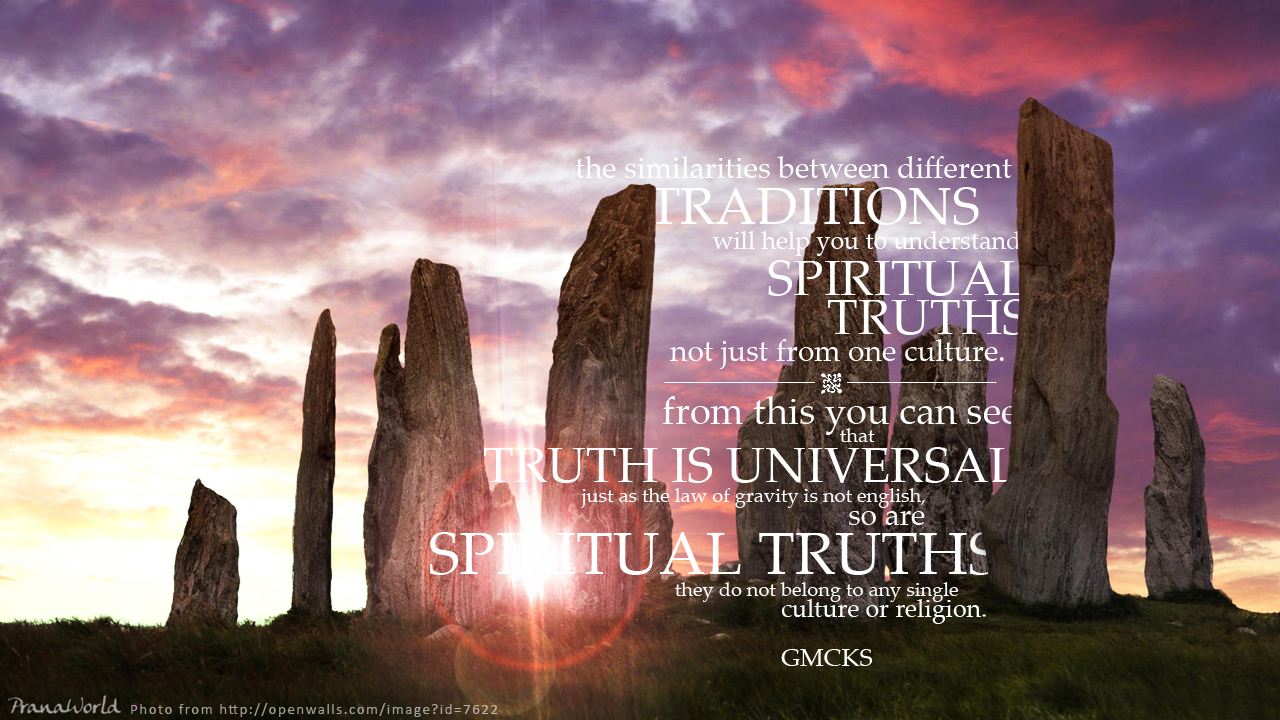In a world characterized by rapid transitions and profound existential questions, the Bahá’í teachings emerge as a profound beacon of hope and understanding. This new revelation heralds a transformative journey towards spiritual awakening and collective consciousness. It beckons humanity towards a paradigm shift where the unity of mankind is paramount. Central to this philosophy are tenets that promise to rock the very foundations of conventional thought. Below are insights into the Bahá’í teachings that cultivate curiosity and engender a fresh perspective.
Unity of Humanity: The Cornerstone of Bahá’í Teachings
At the essence of Bahá’í doctrine lies the principle of the oneness of humanity. This notion transcends geographical, racial, and cultural boundaries, asserting that all peoples are interconnected. This unity is not merely theoretical; it compels adherents to actively engage in social progress and cohesion. Such a perspective galvanizes advocates to eschew divisive ideologies and fosters an environment where pluralism is celebrated. The recognition of our shared heritage not only nurtures empathy but also challenges us to collaboratively confront global issues ranging from climate change to social injustice.
Progressive Revelation: Embracing Continuous Learning
Bahá’í teachings introduce the doctrine of Progressive Revelation, which posits that divine guidance is an evolving continuum. This concept radically redefines the relationships between revelation and interpretation, suggesting that historical Manifestations of God—such as Moses, Jesus, Muhammad, and Baha’u’llah—have progressively unveiled spiritual truths suited to the needs of society at various epochs. This engenders a sense of perpetual growth, urging adherents to adapt and integrate new insights into their spiritual practices. Such adaptability challenges static dogmas and instills an enduring quest for knowledge.
The Harmony of Science and Religion: Bridging the Great Divide
In the modern age, the schism between science and religion has become increasingly pronounced. However, Bahá’í teachings advocate for the harmony between these two realms of human inquiry. They assert that true knowledge is indivisible; scientific endeavors and spiritual truths must coexist harmoniously, as both are essential to comprehending the universe and our place within it. This synthesis encourages individuals to embark on intellectual explorations that simultaneously deepen their spiritual understanding, thus leading to a well-rounded approach to existence.
The Individual’s Role: Agents of Change
The Bahá’í faith emphasizes individual responsibility in the greater pursuit of social justice and community building. Each person is regarded as an agent of change, endowed with the potential to foster transformation within their communities. This principle inspires activism, urging adherents to champion the rights of others and advocate for equality. It cultivates a sense of accountability, reminding individuals that their contributions, no matter how small, contribute to the greater tapestry of humanity’s evolution.
Elimination of Prejudice: A Pledge for Unity
Integral to the message of Baha’u’llah is the urgent call for the eradication of prejudice, whether racial, religious, or gender-based. Such biases not only fracture social bonds but impede collective progress. Bahá’í teachings encourage individuals to examine their own biases critically and promote inclusivity. This endeavor is not merely about tolerance; it is an invitation to celebrate diversity as a hallmark of strength. Developing a global mindset that recognizes the intrinsic value of every individual is pivotal in this transformative process.
The Importance of Consultation: Collective Decision-Making
Consultation holds a revered place within Bahá’í practice. It underscores the belief that truth is multifaceted and best discerned through collective dialogue. Engaging in consultation fosters camaraderie and collaboration, dismantling hierarchical structures often seen in organizational governance. This practice encourages candor, respect, and active listening, thereby allowing the emergence of diversified perspectives. In a time rife with polarization, the art of consultation stands as a testament to the power of unified action prompted by shared wisdom.
Universal Education: A Foundation for Global Progress
Education is a linchpin in Bahá’í teachings, with the assertion that universal education is not just a right but a necessity for progress. This commitment to knowledge empowers individuals to elevate their communities and, by extension, humanity. Access to education is seen as a pathway for alleviating poverty, fostering peace, and promoting gender equity, among other societal advancements. The Bahá’í community actively pursues initiatives aimed at ensuring that education transcends barriers, thereby elevating society as a whole.
The Spiritualization of Daily Life: A Call to Action
Finally, Bahá’í teachings advocate for the spiritualization of daily life. This concept invites individuals to infuse their routines with spiritual significance, recognizing the daily acts of kindness, integrity, and service as vital components of personal growth. By nurturing spirituality in the mundane, adherents engender a symbiotic relationship between the material and the spiritual realms, elevating their everyday experiences into expressions of divine purpose.
In conclusion, Bahá’í teachings offer a radical reawakening for the contemporary world. The principles espoused within this faith resonate with the urgent need for unity, justice, and collective progress. As the world grapples with unprecedented challenges, these spiritual truths promise transformations that can reshape perspectives and cultivate a thriving, harmonious global community. The invitation is clear: embrace this revelation, delve into its depths, and become a part of a legacy that rocks the very foundations of our shared existence.
